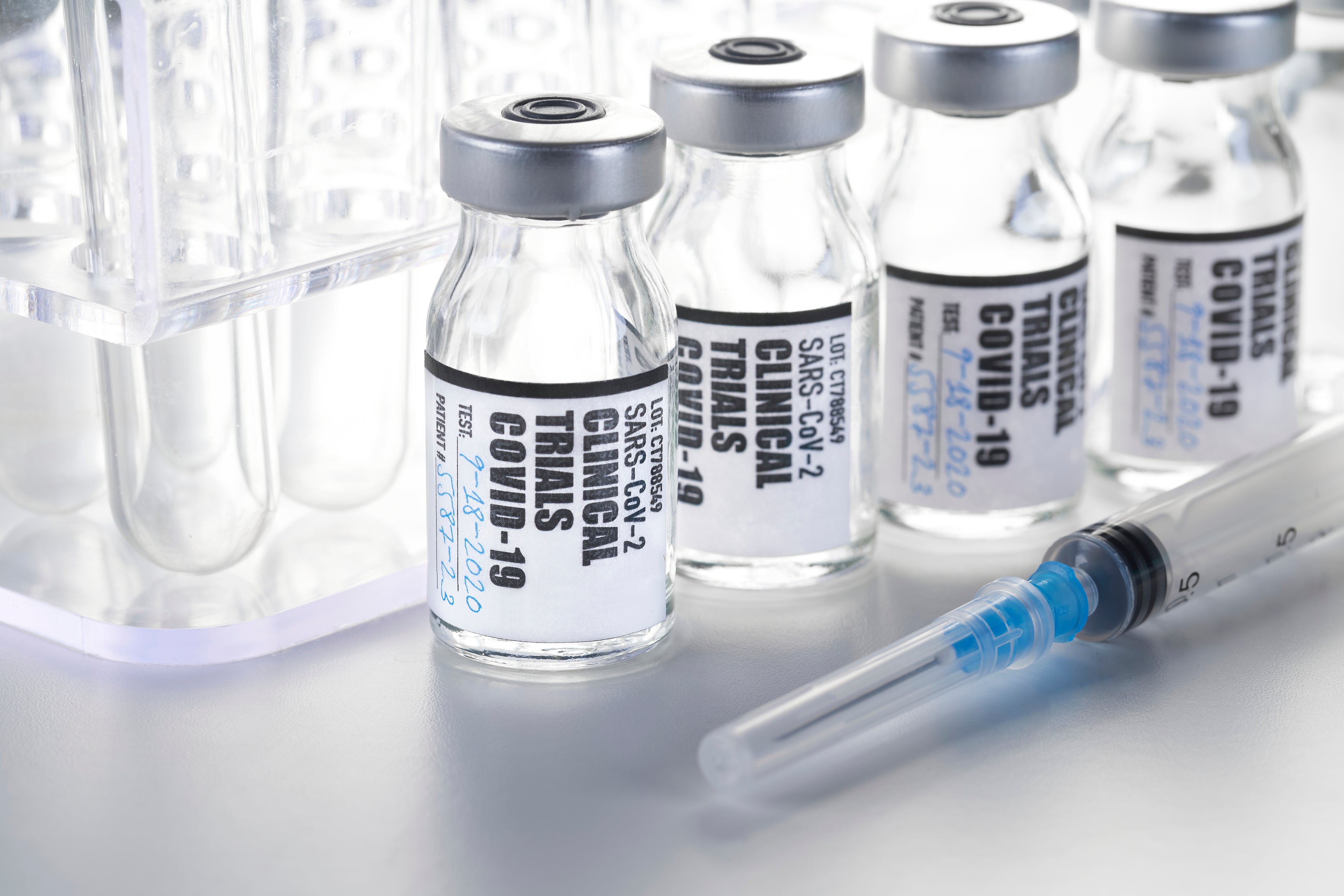Woman whose entire family enrolled in Covid-19 vaccine trial explains what process is like
Participants have received two injections over three-month period

A woman who enrolled in a Covid-19 vaccine trial along with her entire family has revealed what the process is like, and whether they feel like “lab rats”.
In March, as the spread of the coronavirus pandemic in the United States grew, Jackie Hajdenberg, from Florida, decided that she wanted to enrol in the vaccine trials.
The decision prompted her parents, sister, brother and 80-year-old grandmother, who were all living together at the time, to enrol in the Pfizer BioNTech vaccine trial as well.
But, while most people perceive vaccine trials as dangerous, Hajdenberg said there were multiple reasons she wasn’t worried.
“My dad is an oncologist, and my mom has been doing clinical trials — administration and research — for a very long time,” she told WTSP. “I kind of grew up just hearing terms like internal review boards and ethical guidelines as a kid.”
According to Hajdenberg, who also detailed the experience in an essay for Vox, prior to enrolling, she asked her mother what the process would be like, with her mother stressing “that the most essential element of a vaccine trial is ‘preserving the safety of the individual, first and foremost’”.
After the family enrolled in Orlando, Florida, the six of them received two injections spaced three weeks apart over a three-month period.
“The appointment for the second injection was nearly identical to the first: I sat in the waiting room, answered questions about my health, took a pregnancy test (required for anyone who can get pregnant), sat in another waiting room, received the injection, and waited for another 30 minutes to monitor symptoms before I was dismissed,” she wrote in her essay.
Four weeks after the second injection, the family went back for another blood draw so that researchers could identify how many antibodies they had produced.
“Because the study is randomised and observer-blind, the researchers, doctors, and participants do not know who received the vaccine and who received the placebo. According to the consent form, we could be in this study for up to 26 months and will need to visit the site another three or four times,” Hajdenberg wrote.
Throughout the entire process, Hajdenberg said her family will have blood drawn a total of five times.
Hajdenberg also explained key details about the trial, including that “nobody is getting injected with live virus”, but rather “the mRNA of the protein of the virus” and that “throughout the process, there’s careful oversight”.
“An independent committee of experts called a data safety monitoring board routinely analyses the safety of a trial,” she explained. “At a minimum, my mother says, these committees are made up of a highly qualified ethicist, physician, and statistician.”
For the participant requirements, Hajdenberg said the only real communication with the clinic is for symptom reporting, with most of follow-up possible through their phones with a symptom-monitoring app called Covid-19 Illness Diary.
According to Hajdenberg, after the second injection, she developed a low-grade fever, which study directors said didn’t count “because it was below their official threshold for ‘low-grade fever’”. She said she recovered in less than a day and that she was the only one of her family to develop any symptoms.
Hajdenberg said she “felt safe the whole time”.
Acknowledging that she is young, and that younger people have been shown to be less likely to get seriously ill from coronavirus, she said her grandmother also feels confident in the process “because she trusts my parents when it comes to science”.
As for the accuracy of the reactions from outsiders, who often express concern or worry, Hajdenberg told WTSP: “There’s a perception that you are a human lab rat. I would make that comparison very lightly.”
Rather, Hajdenberg told the outlet that she believes participating in vaccine trials is the “bare minimum” she could do.
"Clinical trials are crucial to research and development of medications that will help people, that will save lives. Obviously, enrolling in a trial is not for everyone but I think considering to participate in it is a really big step,” she said.
While a vaccine is not available yet, Reuters reported that British pharmaceutical company AstraZeneca announced this week that its potential vaccine had produced an immune response in adults.
According to Dr Anthony Fauci, widespread availability of a vaccine likely won’t happen until next year.
Join our commenting forum
Join thought-provoking conversations, follow other Independent readers and see their replies
Comments


Bookmark popover
Removed from bookmarks